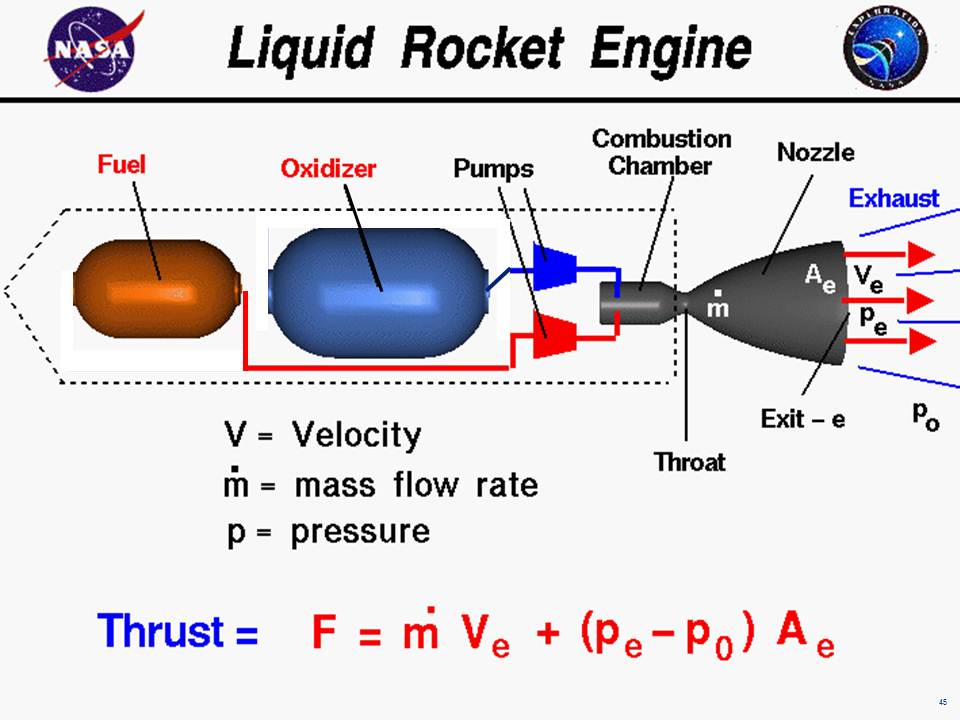In today’s rapidly evolving world, artificial intelligence (AI) has emerged as a game-changer with its ability to revolutionize various industries. From autonomous vehicles to healthcare and finance, AI is transforming the way we live and work. At the heart of this technological marvel lies the “rocket fuel” that propels AI forward – data.
The Birth of Artificial Intelligence (AI)
Artificial Intelligence, or AI, has transformed the world by developing computer systems that can perform tasks requiring human intelligence. Starting in the 1950s, researchers explored ways to simulate human thinking using computers. Breakthroughs in natural language processing and computer vision led to sophisticated AI systems today.
AI’s potential applications are vast and diverse. In finance, AI algorithms analyze data for accurate investment predictions. In healthcare, AI assists with disease diagnosis and streamlines administrative processes. Customer service benefits from AI-powered chatbots providing prompt and personalized interactions.
From its early stages to modern advancements, AI has revolutionized industries and opened up new possibilities. With its ability to understand complex languages, recognize objects accurately, and outperform humans at strategic games, AI is reshaping our world and will continue to do so in the future.
Understanding the “Rocket Fuel” of AI
Data is the essential ingredient that powers AI algorithms, enabling them to learn, adapt, and make intelligent decisions. Just as a rocket needs fuel to propel itself into space, AI systems rely on data to fuel their learning and decision-making processes. Both the quality and quantity of data are crucial for effective AI training.
High-quality data ensures accurate results, while a sufficient amount of data allows algorithms to identify patterns and make informed predictions. Machine learning techniques utilize large datasets to process information efficiently, allowing AI systems to learn patterns, make predictions, or classify new instances accurately.
Data serves as the lifeblood of AI, driving these advanced systems forward and propelling them to new heights.
The Power of Big Data in AI Development
Big data plays a crucial role in advancing artificial intelligence (AI). It refers to the massive volumes of structured and unstructured information generated from various sources. By providing abundant resources for analysis and learning, big data revolutionizes industries across finance, healthcare, and marketing.
In finance, big data allows accurate market trend analysis and prompt detection of anomalies or fraud. In healthcare, analyzing large sets of patient records and medical research papers empowers AI to assist doctors in precise diagnoses and potential treatments.
In marketing, big data helps companies understand consumer behavior better through vast user-generated content analysis.
However, handling big data for AI applications presents challenges. Processing large volumes of data is computationally intensive, requiring significant computing resources. Data privacy and security are also crucial for maintaining user trust and compliance with regulations.
In summary, big data’s power in AI development cannot be underestimated. Despite challenges, harnessing its potential benefits organizations by gaining valuable insights and a competitive edge in today’s data-driven world.
The Role of Machine Learning in Fueling AI Growth
Machine learning is the driving force behind the growth of artificial intelligence (AI). It allows systems to learn from data without explicit programming, enabling them to identify patterns, make predictions, and improve performance over time.
Differentiating between supervised, unsupervised, and reinforcement learning methods, machine learning algorithms learn from labeled or unlabeled data and adjust their parameters for accuracy or specific objectives. Neural networks mimic the human brain’s structure and have excelled in image recognition and natural language processing.
Decision trees provide interpretability by making decisions based on if-else conditions. Overall, machine learning plays a vital role in advancing AI capabilities and solving complex problems.
Unearthing Hidden Gems: The Power of Data Mining in Advancing AI
Data mining plays a crucial role in uncovering valuable insights that fuel advancements in Artificial Intelligence (AI) systems. By leveraging sophisticated algorithms, it allows us to discover patterns and relationships within large datasets.
One technique used in data mining is association rule mining, which identifies relationships between variables. For example, retailers analyze customer purchase histories to make personalized recommendations. Clustering analysis groups similar instances together based on their characteristics, providing a deeper understanding of the data.
Anomaly detection helps detect unusual patterns, such as potential cyber threats. Text mining extracts meaningful information from unstructured textual data.
Real-world applications demonstrate the impact of data mining. In e-commerce, personalized recommendations enhance customer satisfaction. In cybersecurity, it detects potential threats. In transportation, AI-powered systems optimize routes based on traffic patterns.
Data mining unlocks hidden gems for AI advancement by extracting valuable insights from massive datasets. It drives innovation across industries, leading to personalized experiences, enhanced security measures, and optimized processes. As AI continues to evolve, data mining remains vital for uncovering the treasures that drive progress.
Overcoming Challenges in Data Collection and Privacy
Collecting high-quality, unbiased data for AI training poses challenges. Incomplete or inaccurate data can introduce biases and hinder algorithm performance. Lack of diversity in datasets can limit real-world applicability. Gathering personal data raises privacy concerns, addressed by regulations like GDPR.
Strict guidelines protect individuals’ privacy rights, necessitating secure handling of personal information. Overcoming these challenges involves ensuring data accuracy, diversity, and privacy compliance to enhance the effectiveness and fairness of AI algorithms while respecting privacy rights.
Investing in the Future of AI: Opportunities and Risks
Investing in AI technology presents exciting opportunities across various sectors. Autonomous vehicles can disrupt transportation, while healthcare can benefit from AI in diagnostics and drug discovery. Cybersecurity offers solutions to combat complex threats.
However, it’s crucial to consider the risks associated with investing in AI. Ethical concerns arise regarding privacy and bias. Job displacement is a potential consequence of automation driven by AI. Market volatility adds to the inherent risks.
The Discovery Revolution: Finding Causality for New Discoveries
The revolution in discovering causality has been propelled by Artificial Intelligence (AI), which has transformed the way researchers uncover relationships. With the ability to process vast data sets and identify correlations, AI makes hypothesis generation and testing more efficient.
In genetics, AI analysis of genomic data reveals genetic variants linked to diseases. In social sciences, AI uncovers causal links between variables like education and income levels. This revolution extends to various fields, pushing the boundaries of understanding cause and effect relationships.
Thanks to AI, we can anticipate even more exciting discoveries that will shape our future.
[lyte id=’Cms_v_OUXco’]







